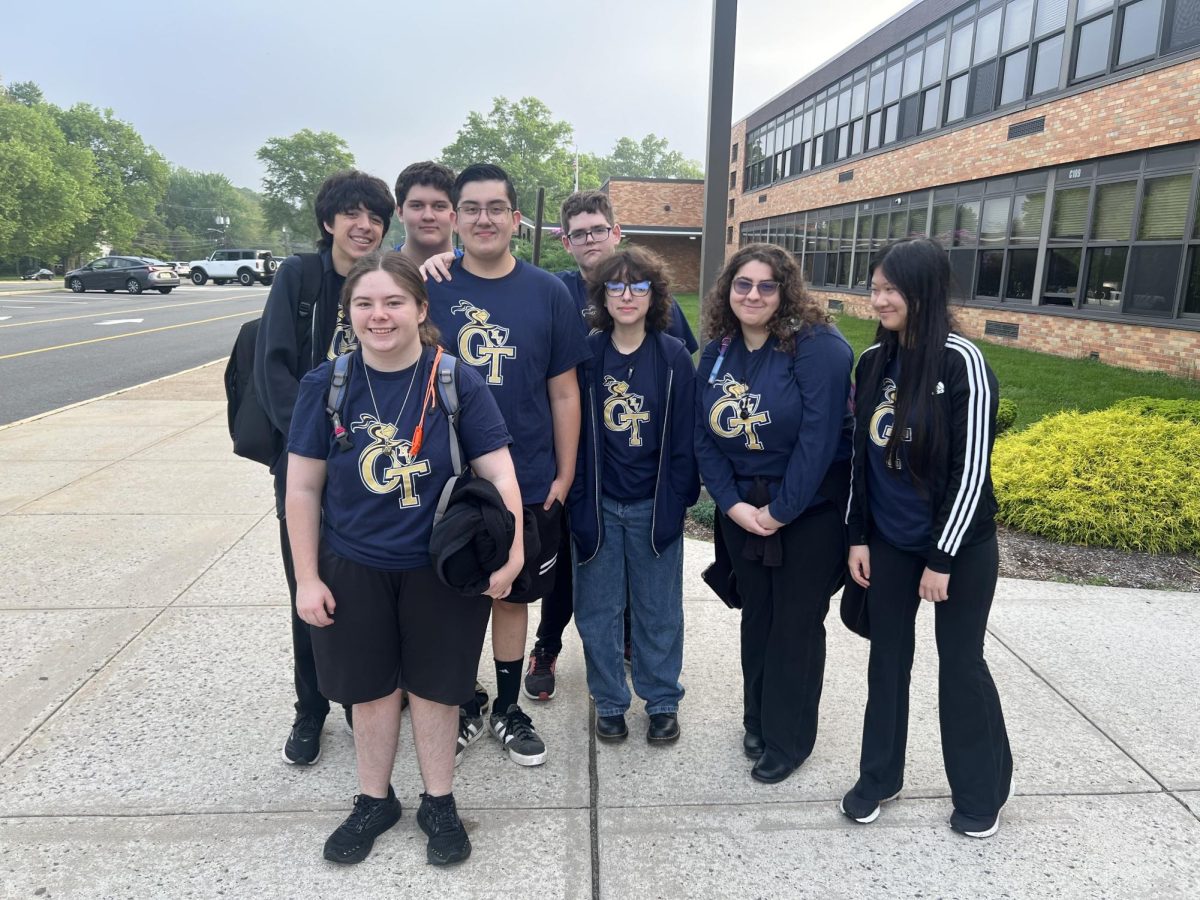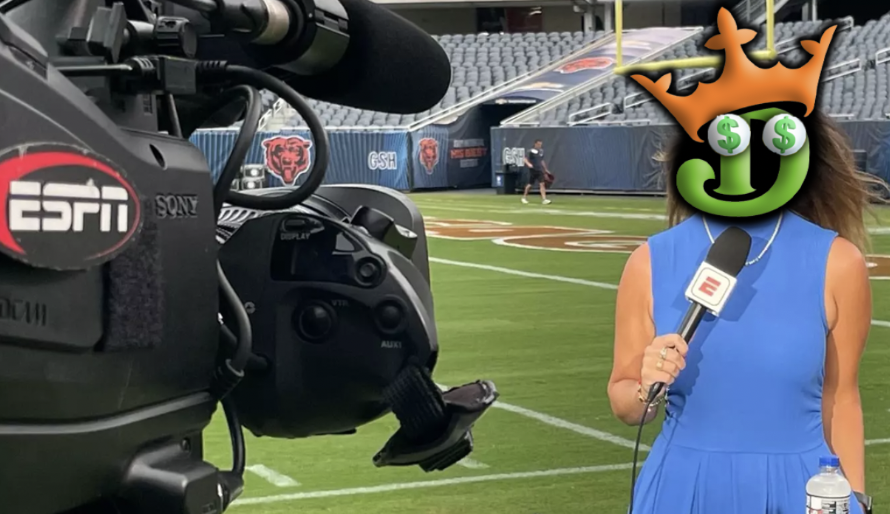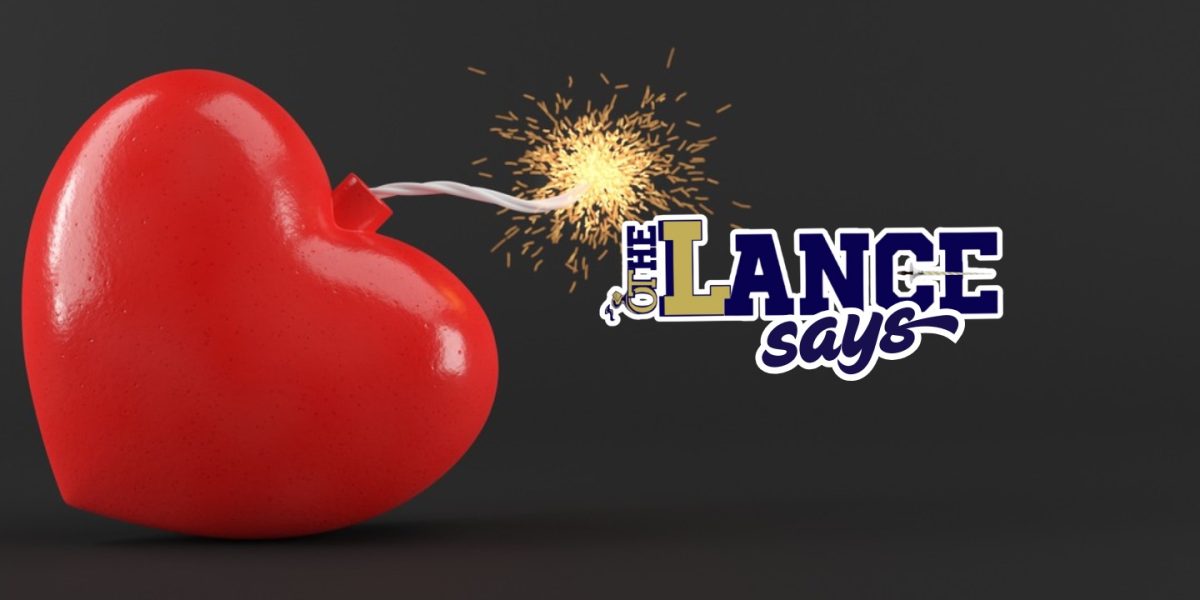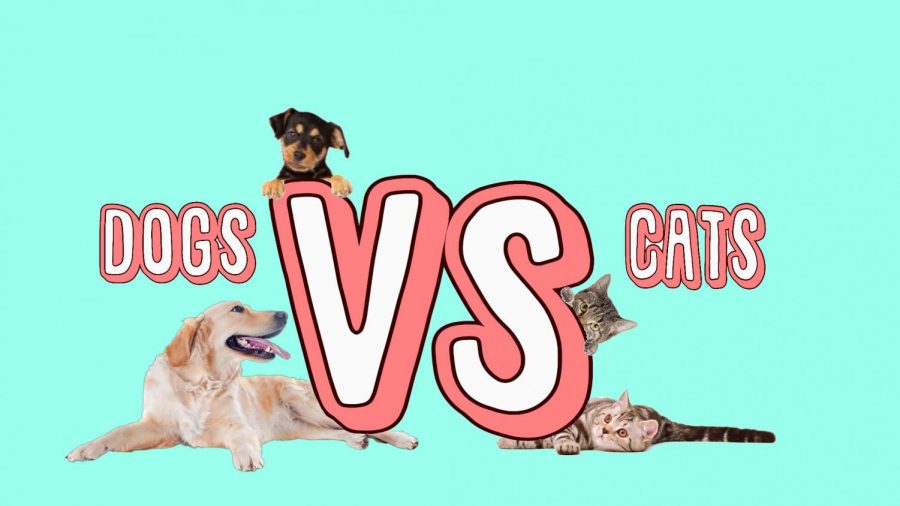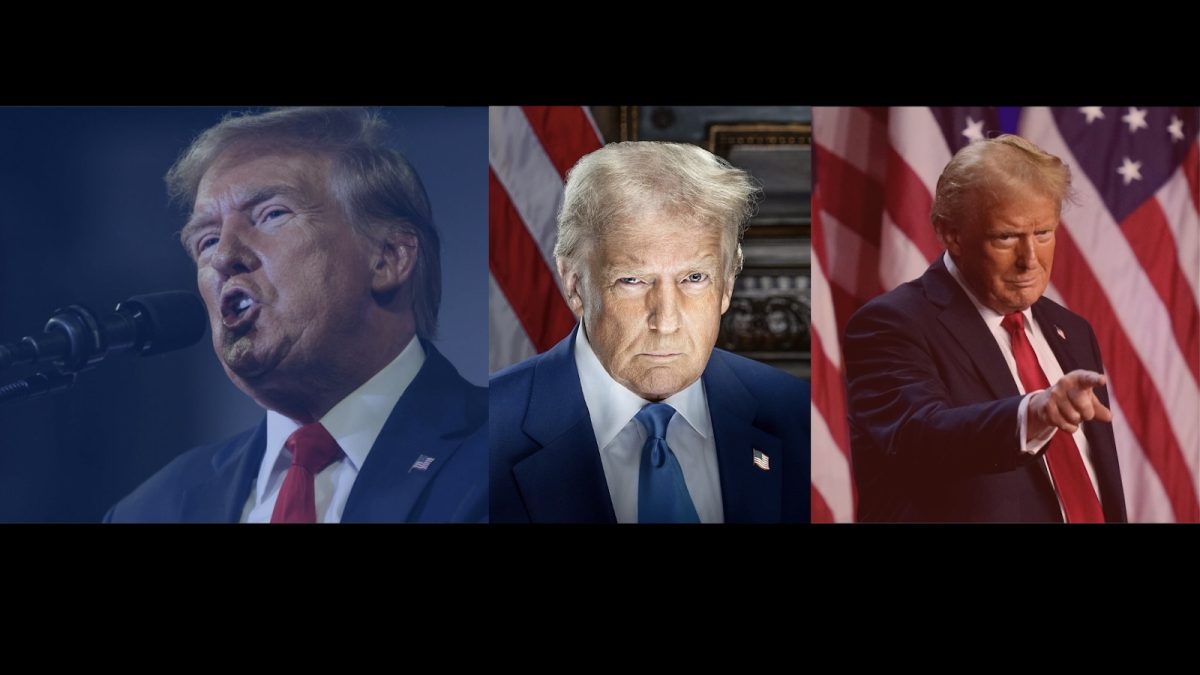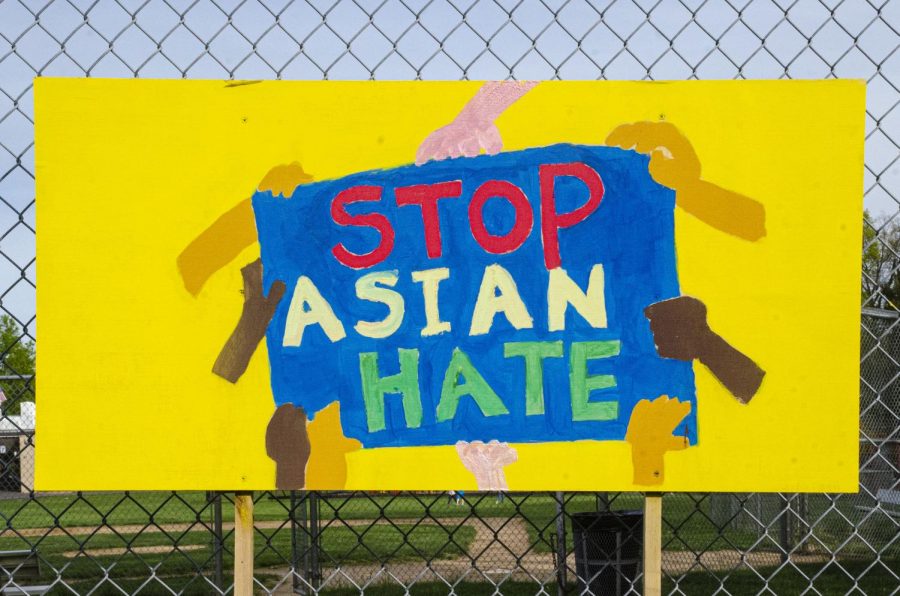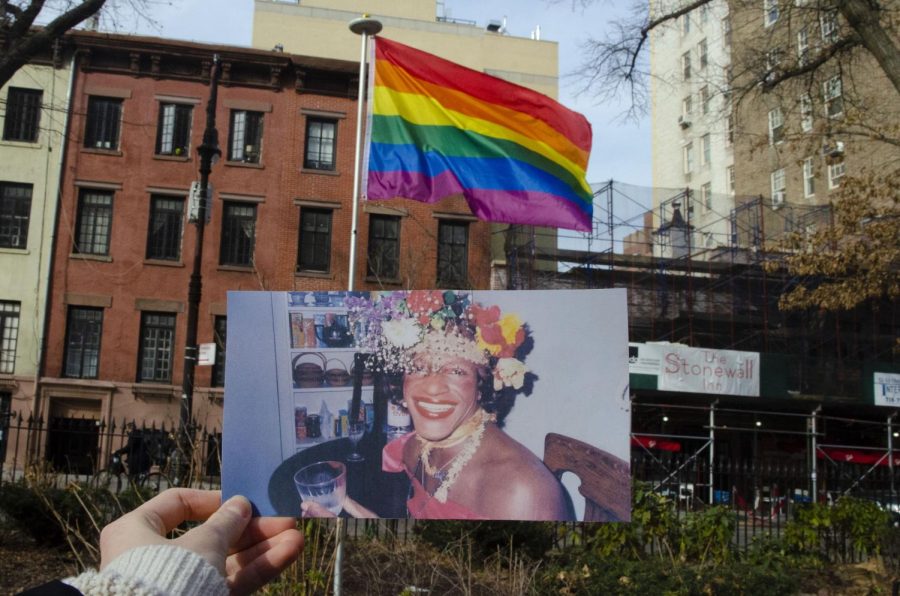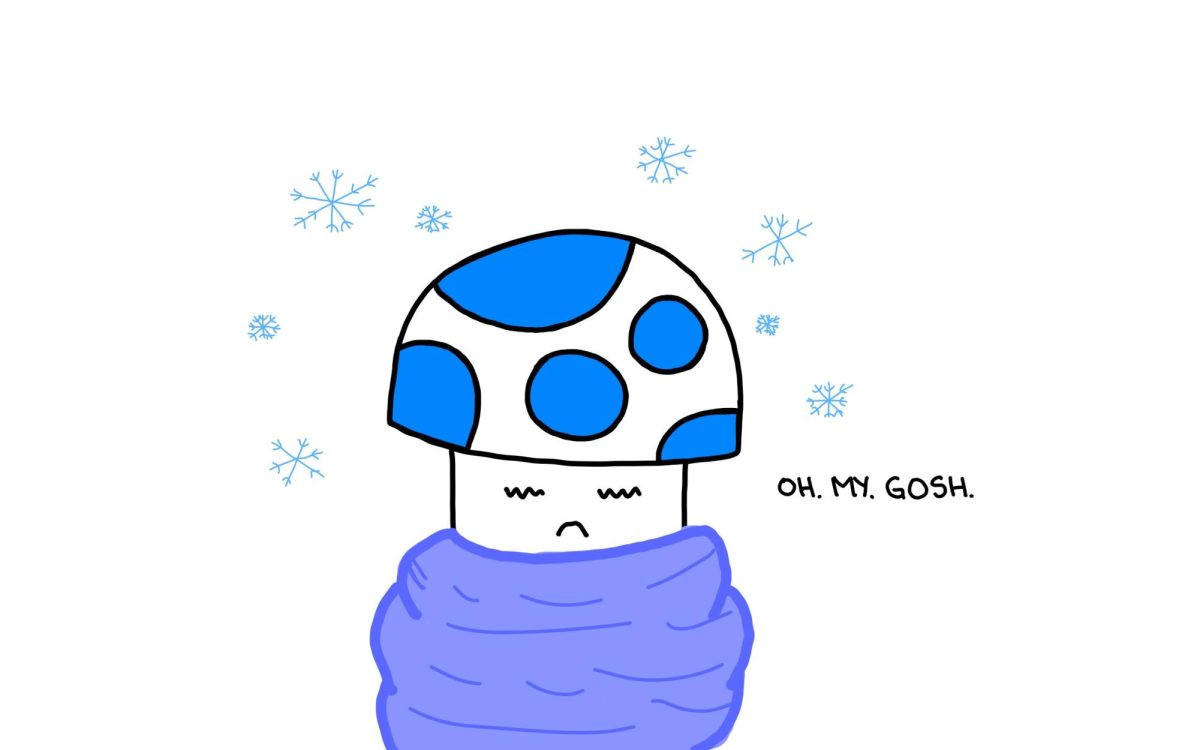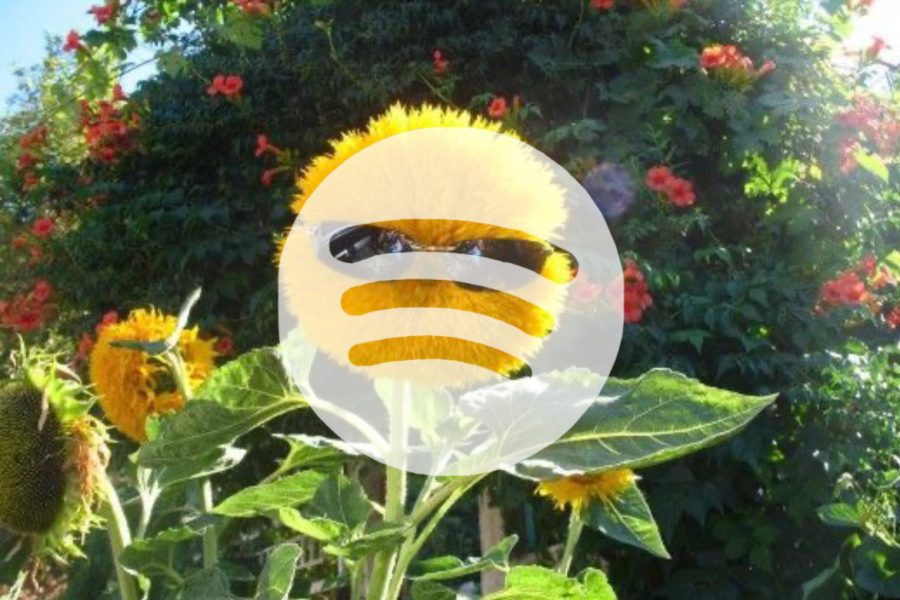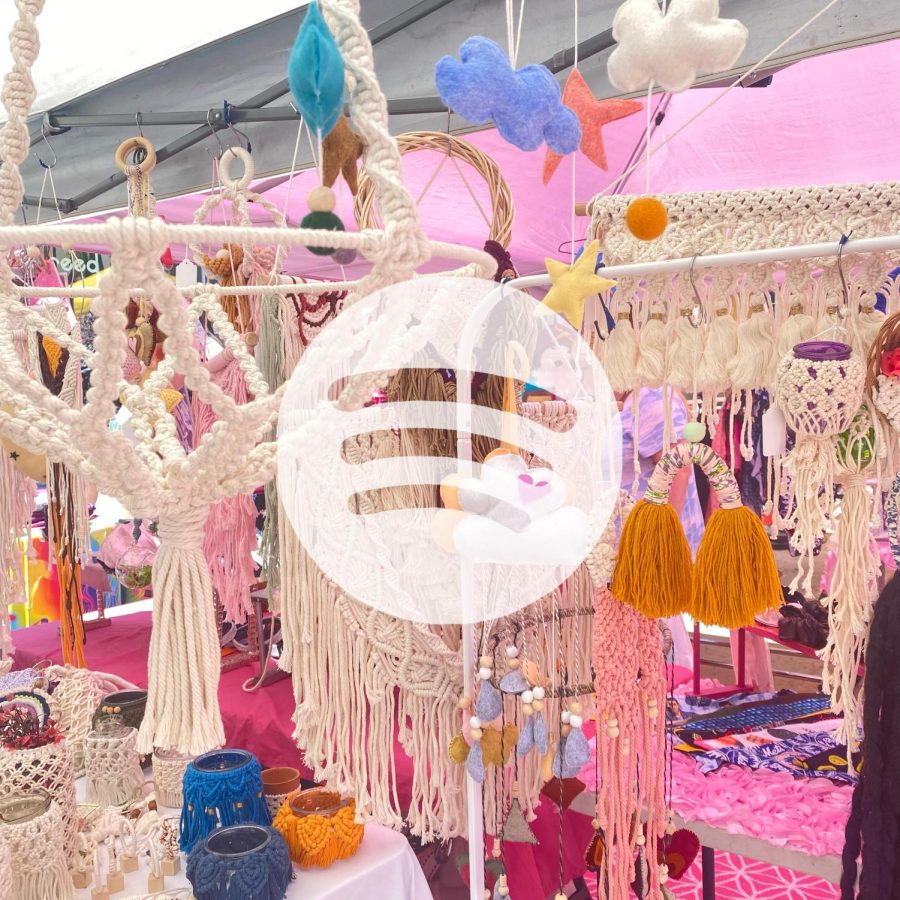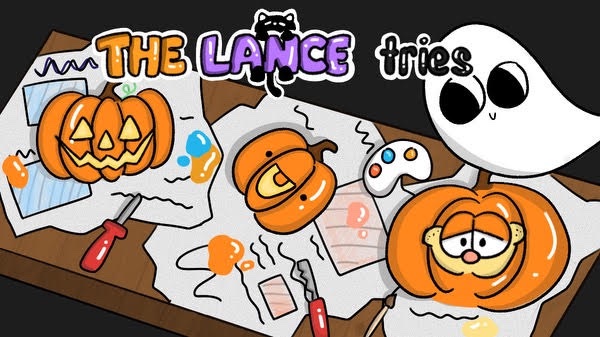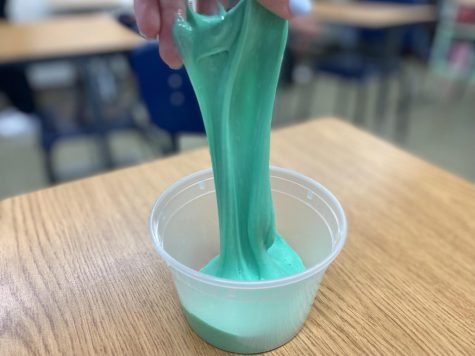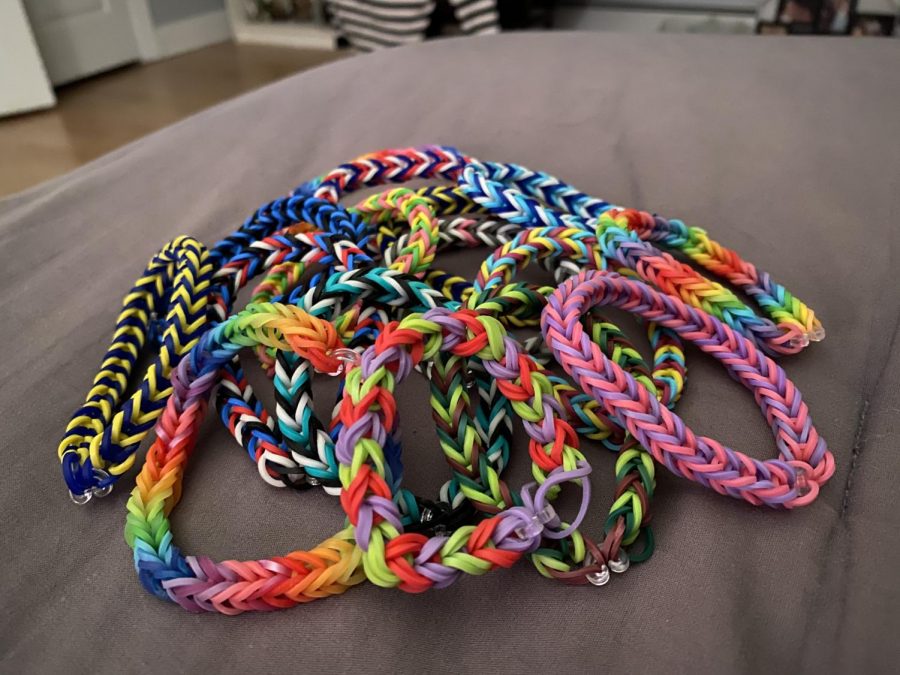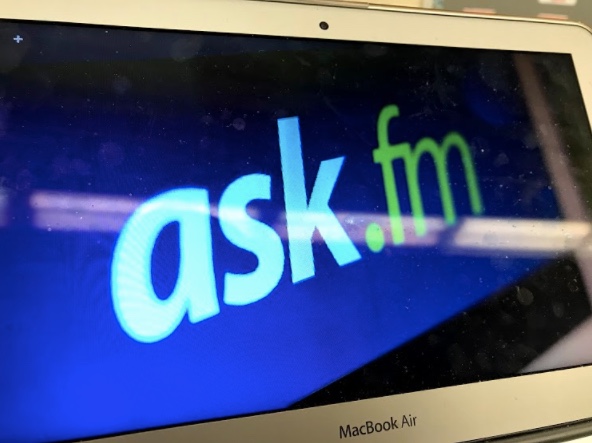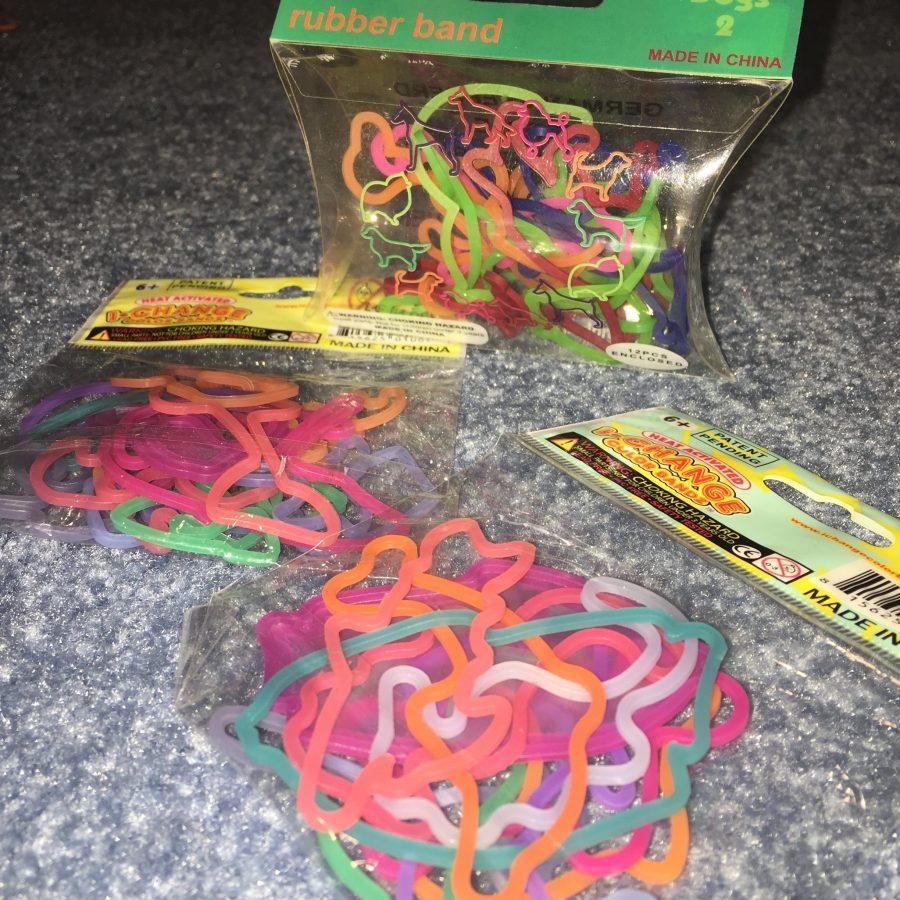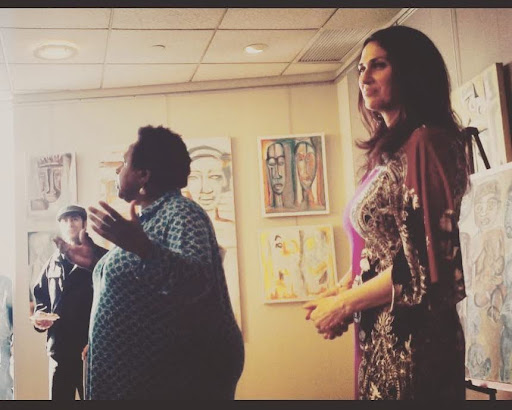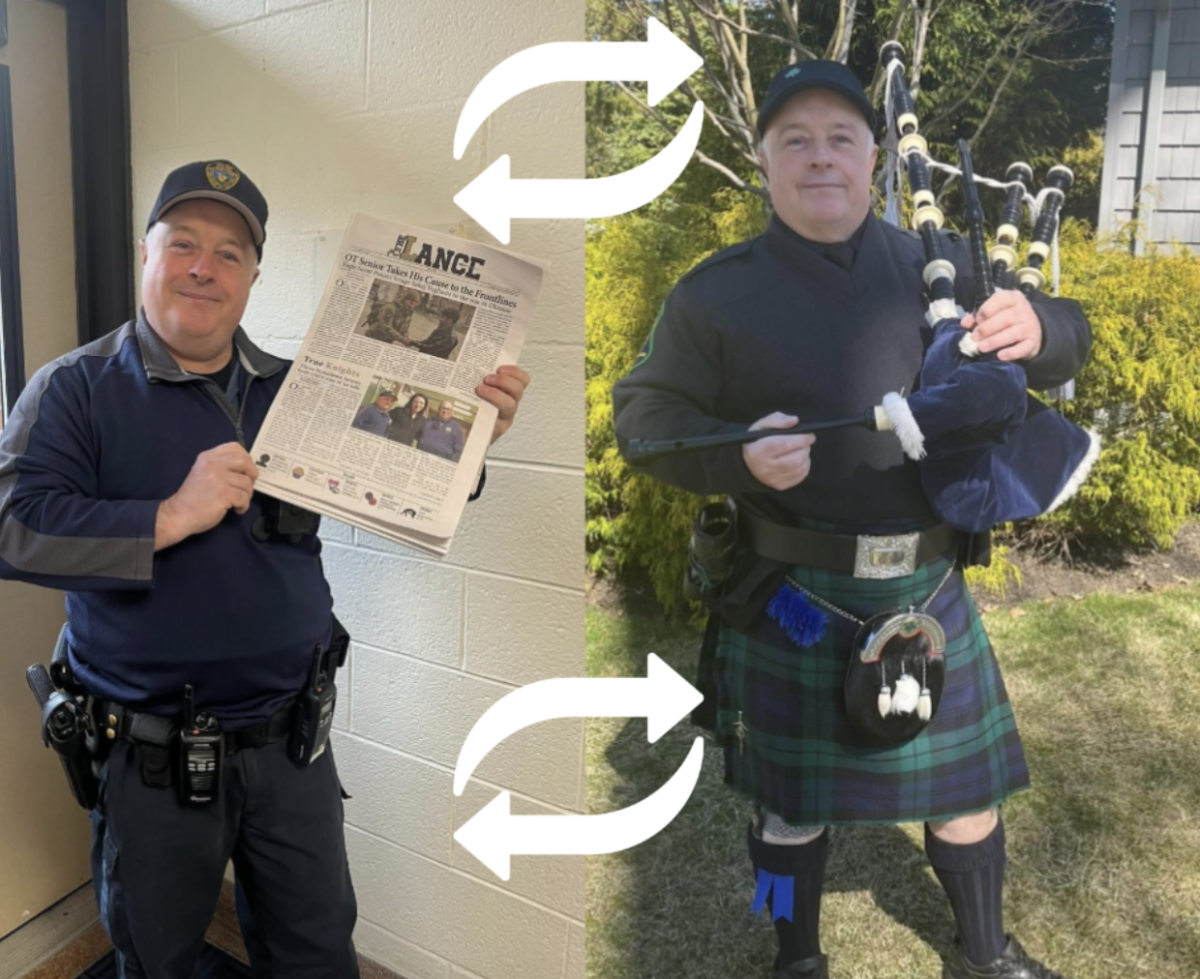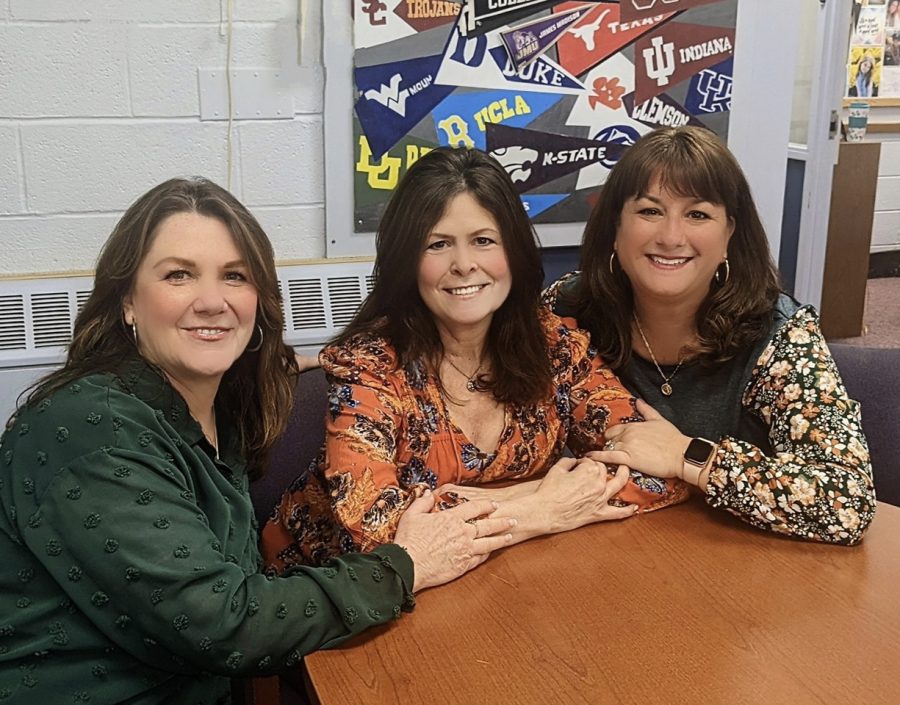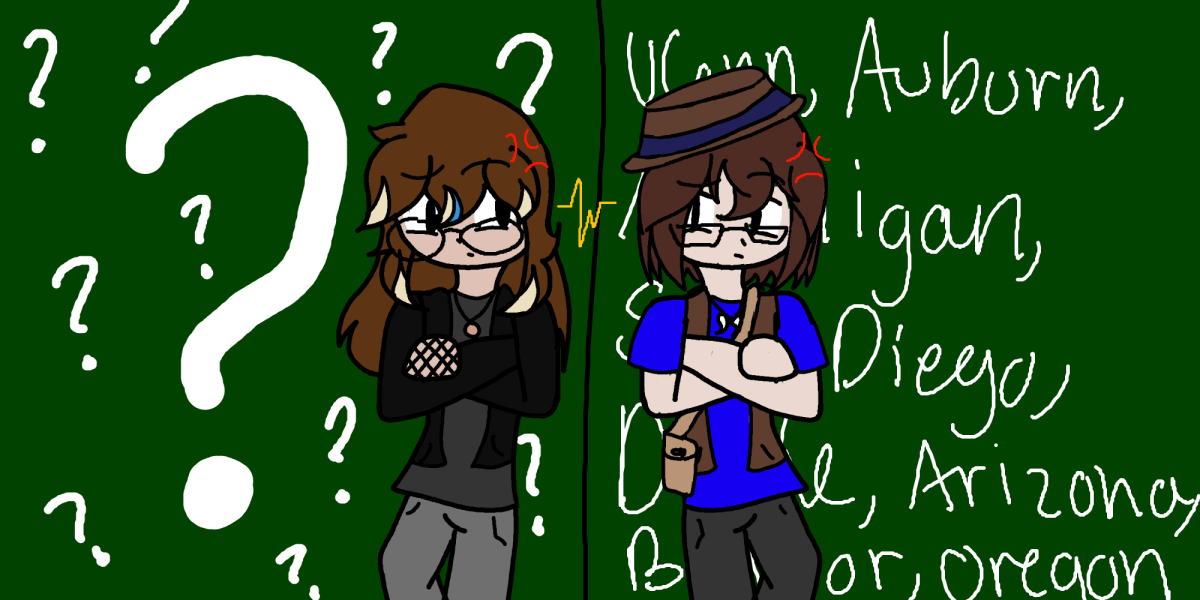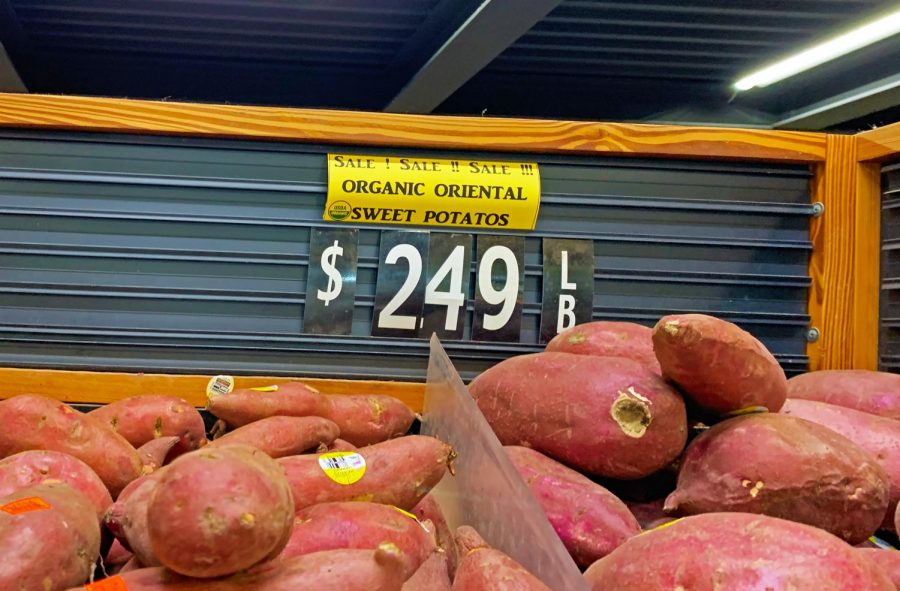Potatoes and the Use of Insensitive Language
A vegetable, a questionable name, and the reflection that followed.
A word holds a deeper meaning than its dictionary definition.
During a grocery shopping trip a few months ago, I picked up a few sweet potatoes from the produce section as per usual. This time, however, I noticed something that had never caught my eye before: the potatoes were being sold under the name “Oriental sweet potatoes.” I had seen the word “oriental” before, I knew it had some type of offensive connotation, and I knew it referred to Asia. But I had no idea what exactly made the word insulting. I bought a few potatoes, returned home, and turned to Google for answers.
It turns out that “oriental” refers to the East, as opposed to “occidental,” which refers to the West (Interestingly, Europe is the geographical reference point that the so-called Eastern and Western nations are compared to). The word “oriental” is not offensive by nature. However, the term was used during the 19th and 20th centuries as a derogatory descriptor for people of Asian descent. The word often accompanied acts of anti-Asian violence, in addition to discriminatory legislation. The word is reminiscent of a time when immigrants were seen as a threat, and it has since been associated with the notion that Asians are far-removed from American society.
When used to describe a person, the word “oriental” is dehumanizing and ostracizing. In contrast, it is generally seen as acceptable when referring to an object because in that context, the word assumes the purpose of expressing an origin rather than shunning a culture. As a result, it can be argued that “Oriental sweet potatoes” is an acceptable title.
Although a heated debate over the potatoes’ name would most likely be fruitless, seeing a controversial word in a grocery store raised certain questions for me about the language we use to describe different cultures and ethnicities. When is it justifiable to use insensitive language? Where is the line drawn, and who gets to draw it?
The context of language is crucial to keep in mind. Without knowing the historical circumstances surrounding the word “oriental,” it could come across as purely geographical, and it would be easy for a non-Asian person to say to an Asian person, “You’re so Oriental.” Maybe the non-Asian person had no ill intentions, but with charged language, intent does not matter. If a word has been used to oppress a group of people in the past, it should never be used to characterize that group. Using a term that previously served as a cultural insult evokes all of the discrimination that once accompanied the word.
The dark past of a term like “oriental” proves the importance of understanding the burden carried by words. Words are not just words. Words embody history, trauma, pain.
That being said, certain exceptions further complicate the issue of the appropriate use of words. For instance, some people who have been on the receiving end of insensitive language decided to adopt the words for themselves: Kat Chow, one of the founders of NPR’s Code Switch section, has a father from Hong Kong who refers to himself as Oriental. His identity is a personal choice, a decision that no one but himself can make.
If anything, my encounter with the Oriental sweet potato proves the great extent to which insensitive language is ingrained in our everyday lives, no matter how subtly. The potato is a testament to the fact that the past has bled into the present, and there is no way to detach history from the future. Even if we removed the word “oriental” from all of our dictionaries, the word’s impact would still be felt. We cannot undo what has already been done. We can only inform ourselves and move forward, using our past as a means to guide ourselves into a future in which each of us embraces and respects cultures outside of our own.

